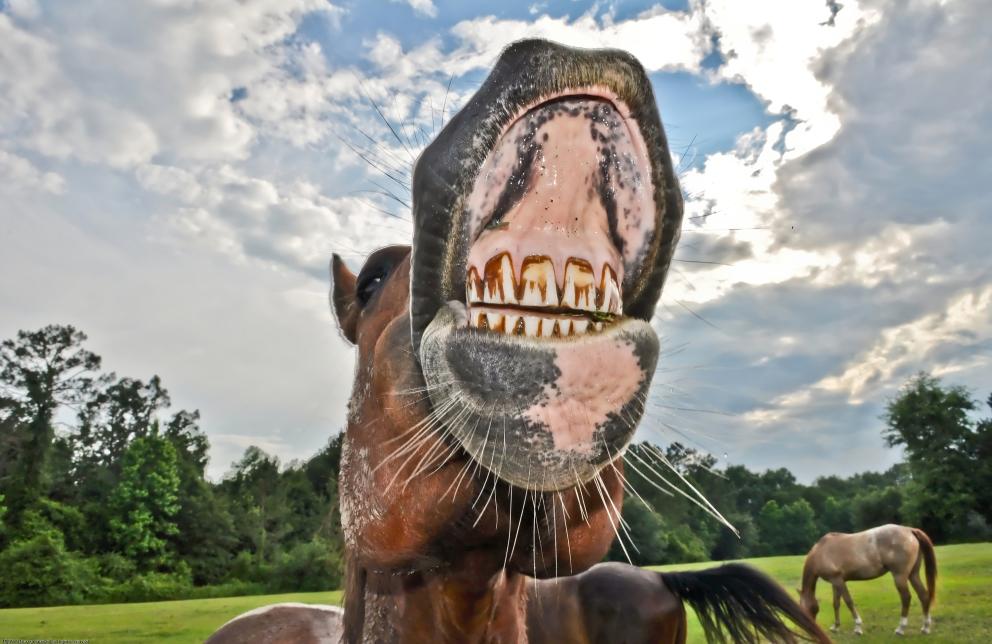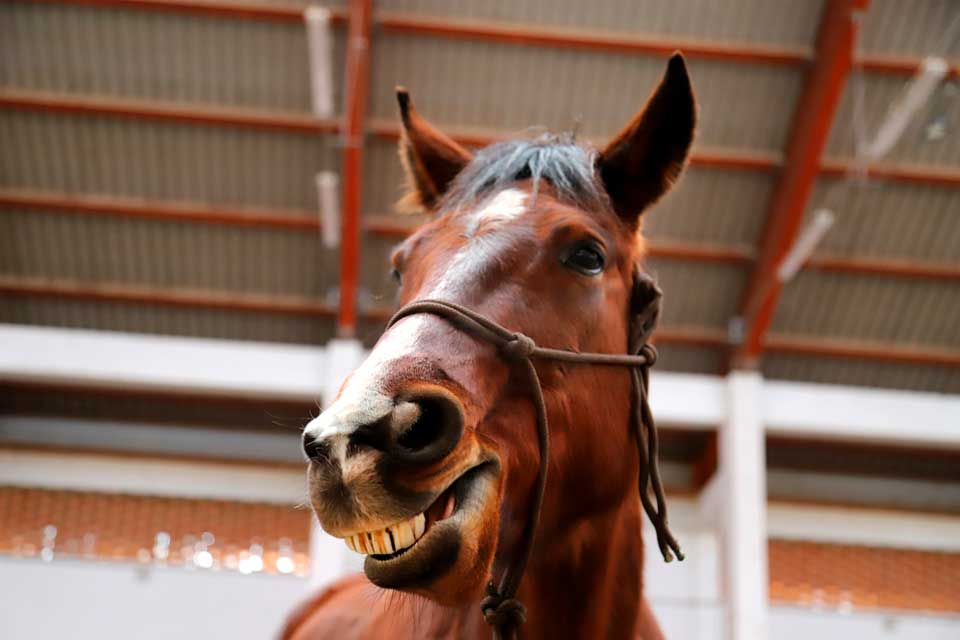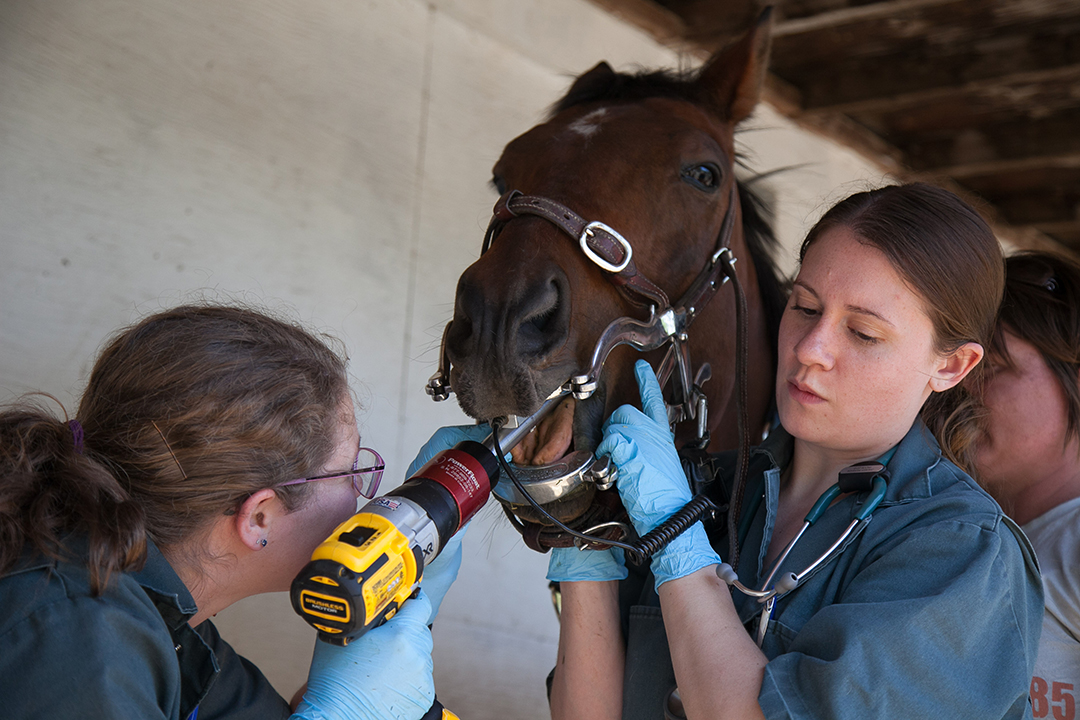Horses are majestic creatures, revered for their strength, grace, and beauty. Yet, to maintain their health and vitality, it’s crucial to understand the importance of their dental health, particularly the role of cheek teeth in horses. These teeth are essential for the proper digestion and overall well-being of equines. In this article, we will delve into the intricacies of cheek teeth in horses and why they matter so much.

What Are Cheek Teeth?
The term cheek teeth refers to the premolars and molars located in the back of a horse’s mouth. Unlike the incisors, which are primarily used for cutting grass and other food, the cheek teeth in horses are responsible for grinding food down to a digestible size.
The Anatomy of Cheek Teeth
Structure and Function
The cheek teeth in horses are intricately designed to withstand significant wear and tear. They have a complex structure, featuring ridges and valleys that help in grinding down fibrous plant material. This grinding action is crucial as it aids in breaking down cellulose, a key component in a horse’s diet.
Horse Dental Formula
Typically, an adult horse has 36 to 44 teeth, with 12 incisors, 12 premolars, and 12 molars. The remaining teeth may include wolf teeth and canines, which vary between individuals. The dental aging guide can provide further insights into the development of these teeth.
The Role of Cheek Teeth in Digestion
Cheek teeth play a pivotal role in a horse’s digestive process. They help in breaking down food into smaller particles, making it easier for the digestive enzymes to work effectively. Without proper chewing, horses can experience digestive issues, which can lead to colic or other health concerns.
Common Dental Issues in Horses
Overgrowth and Sharp Edges
One of the most common issues with cheek teeth in horses is the development of sharp edges or overgrowths. This can cause discomfort, difficulty eating, and even weight loss. Regular dental check-ups are essential to prevent such issues. A detailed dental exam checklist can aid in identifying these problems early.
Tooth Decay and Infections
Like humans, horses can suffer from tooth decay and infections. Signs of these issues include bad breath, drooling, and difficulty eating. It’s crucial to address these problems promptly to prevent further health complications.
Preventive Dental Care for Horses
Regular Dental Examinations
Routine dental examinations are vital for maintaining the health of cheek teeth in horses. These exams help in identifying potential problems before they become severe. Consider consulting a professional equine dentist for regular check-ups.
Floating
Floating is a common dental procedure that involves filing down the sharp edges of cheek teeth. This process helps in ensuring that the teeth are even and functional, allowing horses to chew their food efficiently.
Impact of Cheek Teeth on Horse Performance
Healthy cheek teeth are essential for a horse’s performance. Proper digestion ensures that the horse receives all the necessary nutrients, which directly impacts its energy levels, stamina, and overall performance. For more information on maintaining your horse’s oral health, visit this equine dentistry resource.
Signs of Dental Problems in Horses
Behavioral Changes
Horses with dental issues may exhibit changes in behavior, such as reluctance to eat, head tossing, or resistance to the bit. These changes are often a sign of discomfort and should be addressed promptly.
Physical Indicators
Physical signs of dental problems include weight loss, facial swelling, or nasal discharge. If you notice any of these symptoms, it’s essential to seek veterinary advice immediately.
Conclusion
Understanding the role and importance of cheek teeth in horses is crucial for any horse owner. Regular dental care not only ensures the horse’s well-being but also enhances its performance and quality of life. For more tips on maintaining your horse’s dental health, explore our oral health resources.

FAQs
How often should a horse’s teeth be checked?
It is recommended to have a horse’s teeth checked at least once a year by a qualified veterinarian or equine dentist.
What are the signs of dental pain in horses?
Signs of dental pain include reluctance to eat, dropping food, head shaking, and changes in behavior.
Can dental issues affect a horse’s weight?
Yes, dental issues can lead to weight loss as the horse may struggle to chew and digest food properly.
This article contains affiliate links. We may earn a commission at no extra cost to you.
